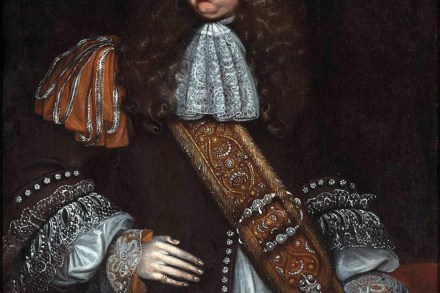The making of William Golding as a writer
It is hard to believe that the 1983 Nobel Prize in Literature would have been awarded to the author of titles such as The Chinese Have X-Ray Eyes, Here Be Monsters or – yes – An Erection at Barchester. But if William Golding had had his way, so it might have proved. Charles Monteith, his loyal editor at Faber & Faber, saved him from himself; and thus it was that those books were called instead Pincher Martin, Darkness Visible and The Spire. For whatever reason, Golding thought himself a monster and his journals seethed with self-disgust Even Golding’s first and most famous novel, Lord of the Flies (1954), started life


